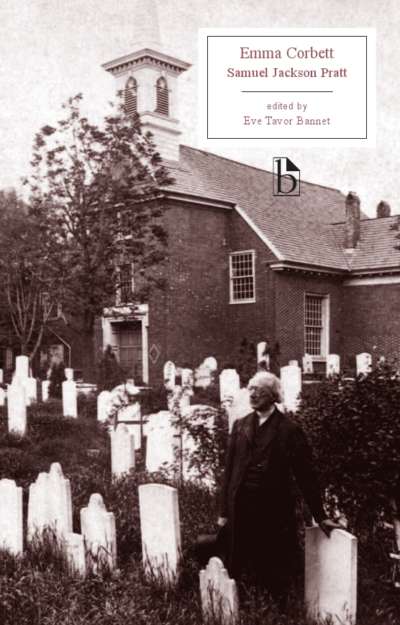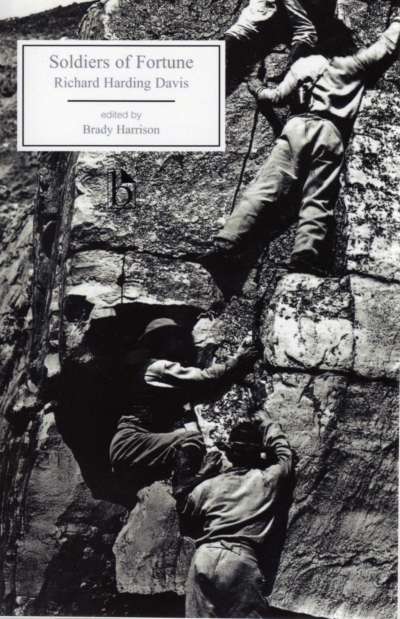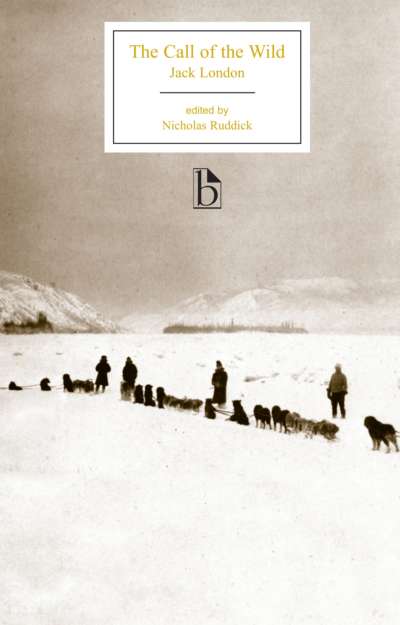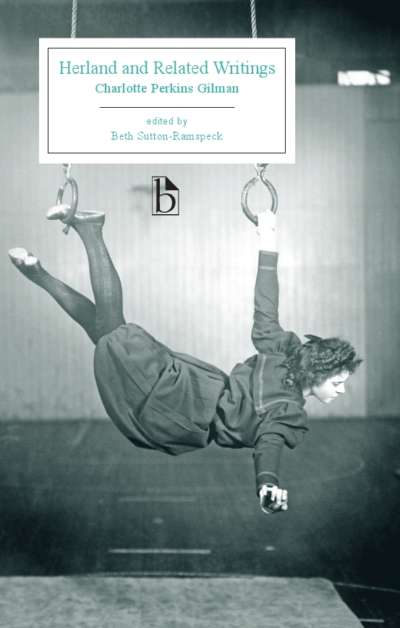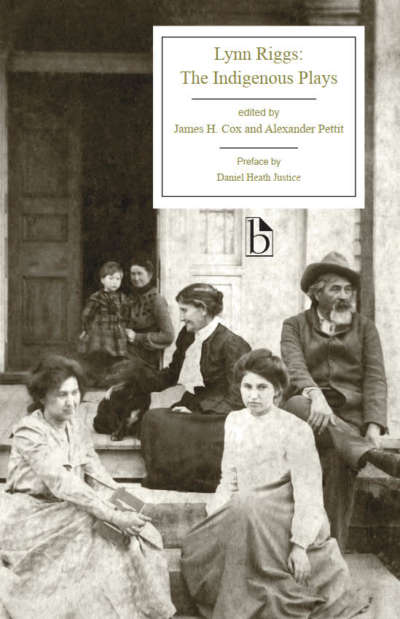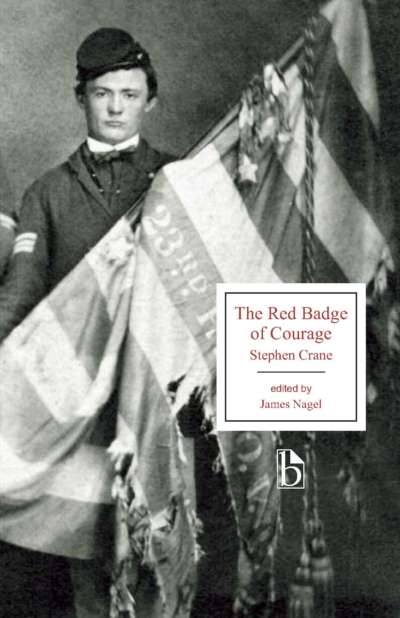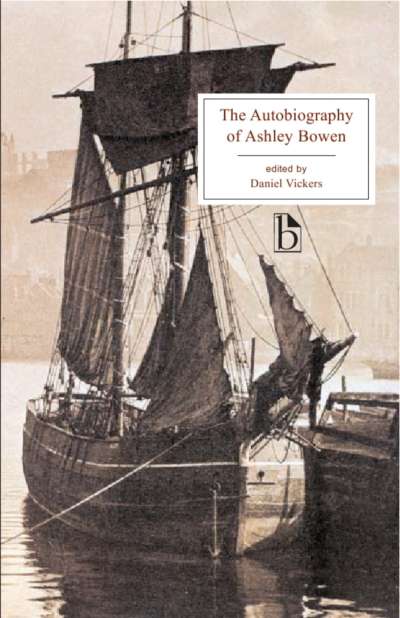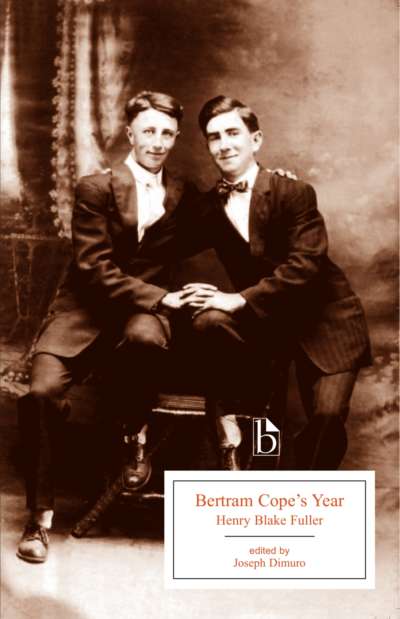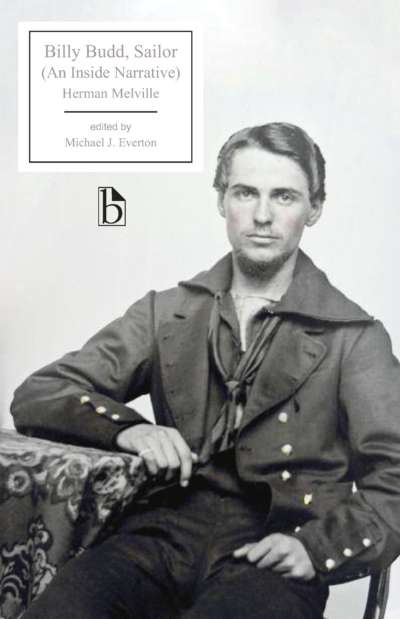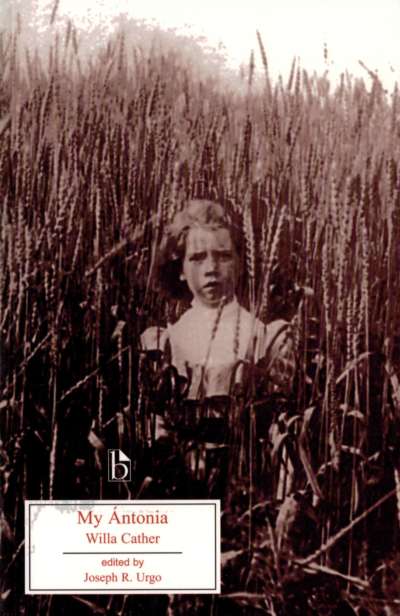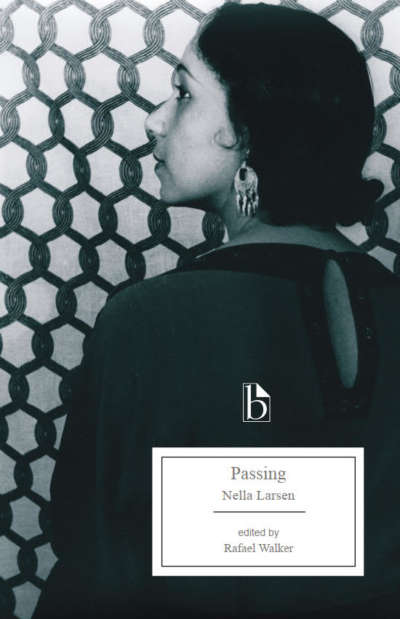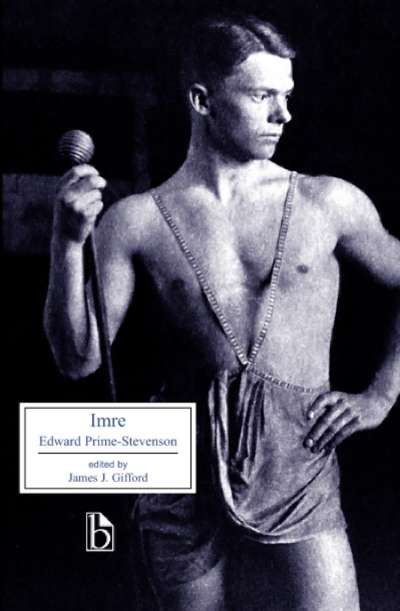Ernest Hemingway’s The Sun Also Rises (1926) electrified many in the literary community of the 1920s, was widely read, and inspired college students dress and talk like the central characters. It also helped to advance Hemingway’s public celebrity and to solidify his modernist style for which he would be recognized 28 years later when he won the Nobel Prize for Literature. This edition provides an introduction, textual notes, a chronology, a bibliography, and six appendices of materials from the early twentieth century that will assist readers in interpreting The Sun Also Rises as it might have been read in its day but also as we might understand it now. The volume pays particular attention to behavior and speech in the novel that has been viewed as problematic (e.g., potential anti-Semitism) and offers readers some resources for exploring their meaning and effects both then and now. It also introduces the context of the 1918-19 influenza pandemic, proposing that, like World War I, this catastrophe has resonance for the novel; it may also encourage connections for current readers who now share the experience of enduring a global pandemic.
This Broadview Edition assists readers in understanding a work whose references and contexts have been obscured over its 100-year existence, and also opens opportunities for new interpretations of this landmark novel of American literature and modernism.
Comments
“Debra Moddelmog’s edition of Ernest Hemingway’s The Sun Also Rises gives readers a wealth of useful information. Besides a detailed Chronology and an expertly written Introduction, the editor has arranged more than two dozen excerpts from relevant cultural and social history. One learns from materials relating to war and post-war America, changing gender roles, the devastating influenza pandemic, the rise of the Ku Klux Klan and the power of immigration, and the stripped-down style of United States modernism. A premier Hemingway scholar, Moddelmog also includes materials written by Hemingway himself—among these his Paris Review interview and excerpts about writing from Death in the Afternoon.” — Linda Wagner-Martin, Past President of the Ernest Hemingway Foundation and Society
“Debra Moddelmog’s edition of The Sun Also Rises is far more than its title suggests. It provides a concise yet thorough introduction to the novel’s modernist context, written by a Hemingway scholar of the highest caliber, as well as a wealth of contemporary primary sources with which students can work. Don’t dismiss Hemingway because of the received caricature; study him, with Moddelmog as your guide, to appreciate the rich complexity of the artist in his time.” — Alex Vernon, Hendrix College
Appendix A: Reviews, Letters, and the Creative Process
- 1. Allen Tate, “Hard-Boiled” (1926)
- 2. Edmund Wilson, “The Sportsman’s Tragedy” (1927)
- 3. Fanny Butcher, “Hemingway Seems Out of Focus in ‘The Sun Also Rises’” (1926)
- 4. Scribner’s ad for SAR (1927) – image
- 5. F. Scott Fitzgerald, “Letter to Ernest Hemingway on The Sun Also Rises” (1926)
- 6. Ernest Hemingway, “Lost Generation” epigraph, A Moveable Feast (1964)
- 7. Ernest Hemingway, writing process and subjects, Death in the Afternoon (1932)
Appendix B: World War I and a Global Pandemic
- 1. Woodrow Wilson, “War Message to Congress” (1917)
- 2. “He is Keeping the World Safe for Democracy”; US Navy Recruitment poster (1916-18), image
- 3. Randolph Bourne, “The War and the Intellectuals” (1917)
- 4. Ernest Hemingway, “Six Men Become Tankers” (1918)
- 5. Vera Brittain, from Testament of Youth (1933)
- 6. Wilfred Owen, “Dulce et Decorum Est” (1920)
- 7. Ezra Pound, from “Hugh Selwyn Mauberley” (1920)
- 8. “Fifth Av. Cheers Negro Veterans” (1919)
- 9. Poster about Influenza Prevention, Illustrated Current News (1918)
- 10. Major George A. Soper, “The Influenza-Pandemic in American Army Camps during September and October 1918” (1918)
- 11. Compilation of fiction and letters from Hemingway, family, and Agnes von Kurowsky about the pandemic
Appendix C: Changing Norms for Men and Women
- 1. Nineteenth Amendment to the U.S. Constitution (1920)
- 2. Ernest Hemingway on Jake’s wound, interview with George Plimpton (1958)
- 3. Elinor Glyn, from The Philosophy of Love (1923)
- 4. H.L. Mencken, from In Defense of Women (1922)
- 5. F. P. Millard, from What a Man Goes Through (1925)
- 6. Elizabeth Benson, “The ‘Outrageous’ Younger Set” (1927)
- 7. Havelock Ellis, from Sexual Inversion (1897/1908)
Appendix D: Social and Political Turmoil in the US, 1910s and 1920s
- 1. Eighteenth Amendment to the U.S. Constitution (1919)
- 2. “1917-1927” (1927)
- 3. Section on “How Shall We Meet the Klan?” (1924)
- a. Horace J. Wolf, Part I
- b. George E. Haynes, Part II
- c. John McPike Keresey, Part III
- 4. “May Jews Go to College?” (1922)
- 5. Cartoon on anti-immigration sentiment and law; image (1921)
Appendix E: Expatriate Paris
- 1. Helen Mcafee, “The Literature of Disillusion” (1923)
- 2. “U.S. Citizens Give Self-Exile Causes” (1928)
- 3. “Tourists Spend More Than Debt Payments Bring” (1928)
- 4. “The Battle of Montparnasse” (1923)
- 5. “Corned Beef Hash Offered in Paris” (1928)
- 6. “Paris Has a Negro Colony, Drawn There By Jazz” (1928)
- 7. Langston Hughes, “To a Negro Jazz Band in a Parisian Cabaret” (1925)
- 8. Manuscript pages from Hemingway’s SAR
Appendix F: Spain, Basques, Bullfighting, and the Festival of San Fermín
- 1. Havelock Ellis, from The Soul of Spain (1908; rpt. 1920)
- 2. Clara E. Laughlin, on the Basques, from So You’re Going to Spain! (1931)
- 3. Ernest Hemingway, from letter to Bill Horne (17-18 July 1923)
- 4. Ernest Hemingway, “Pamplona in July” (1923)
- 5. Ernest Hemingway, from Death in the Afternoon (1932)
Debra Moddelmog is Dean of Liberal Arts Emerita and Professor of English Emerita at University of Nevada, Reno and Emerita Professor of English at The Ohio State University.


